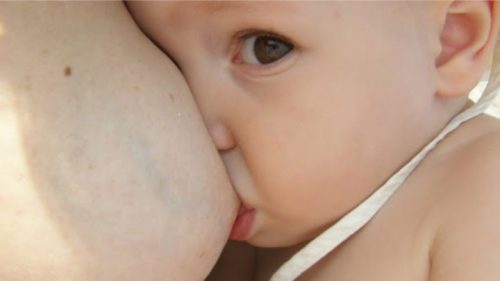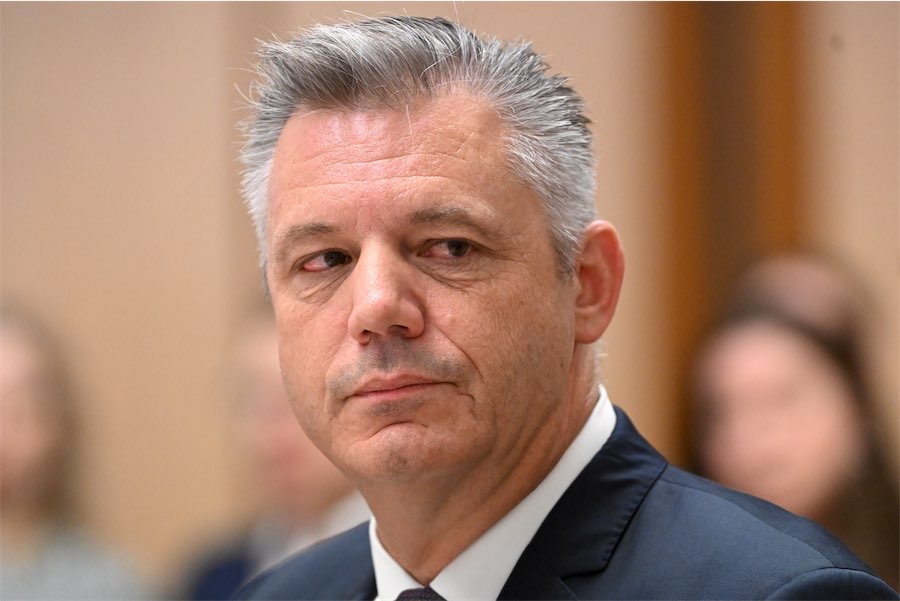
Dr Smith, who’s from the Research School of Population Health, has studied the economics of breastfeeding for more than 20 years and says the invisible work of caring for a baby means Australian mothers don’t get the maternity leave they need.
“Because we don’t measure it, we don’t appreciate its value, and governments fail to invest in programs and services that support it,” she says.
“Australian women produce more than 40 million litres of milk for our infants and young children each year, though this value is not counted in our national food statistics, or noticed in the national budget.”
According to Dr Smith, breastfeeding is worth at least $3.6 billion to the economy, using market values.
“Most industrialised countries have sufficient paid maternity leave so mothers can exclusively breastfeed for six months, in line with the World Health Organization (WHO),” she says.
“Women’s time is not free. If we don’t document the cost of feeding and caring for babies and young children, it is taken for granted by policymakers.
“Having a baby or toddler is amazingly time intensive, yet official statistics ignore this investment.”
Previous ANU research shows that introducing just a few weeks of paid maternity leave in 2011 increased breastfeeding and improved mothers’ mental health months down the track.
Dr Smith says breastmilk should be counted as part of the national food supply as well.
“Norway counts breastmilk as part of its national food statistics and we should too,” she says.
“My research shows it takes mothers about 40-hours each week to care for a new baby, including around 18 hours to breastfeed, yet this is not considered relevant to health or work policies by government statisticians.
“Failure to help mothers with breastfeeding cost the nation almost $4 billion in lost baby milk production, and hundreds of millions of dollars in preventable health costs.”
When it comes to new milk markets, Dr Smith warns mother-to-baby feeding will be displaced if breastfeeding support is not prioritised by health services and governments.
She believes there’s an urgent need for tough regulation with the newly emerging markets in human milk.
“Expanding Australia’s human milk banking system will save lives and save on health costs. With pasteurised donor milk for NICU now selling at around $300 a litre internationally, companies are keen to generate new markets,” she says.
“It is only a matter of time before Australian parents will see UHT human milk promoted alongside formula in the shopping aisles.”
Dr Smith will be presenting her work in Melbourne today, June 12, at the Public Helath Assosociation Conference on prevention.
Who can be trusted?
In a world of spin and confusion, there’s never been a more important time to support independent journalism in Canberra.
If you trust our work online and want to enforce the power of independent voices, I invite you to make a small contribution.
Every dollar of support is invested back into our journalism to help keep citynews.com.au strong and free.
Thank you,
Ian Meikle, editor





Leave a Reply